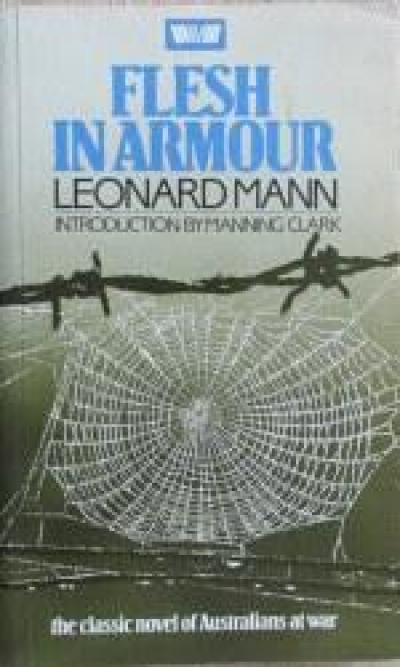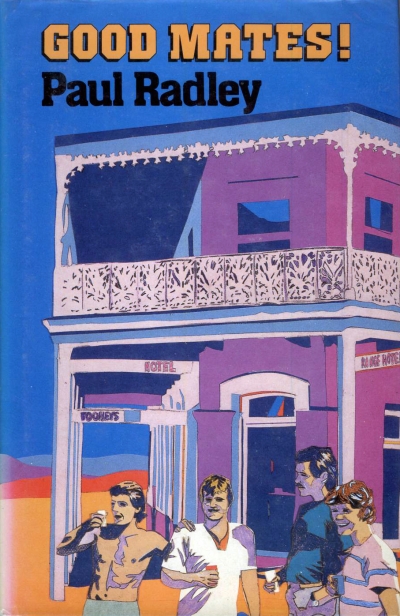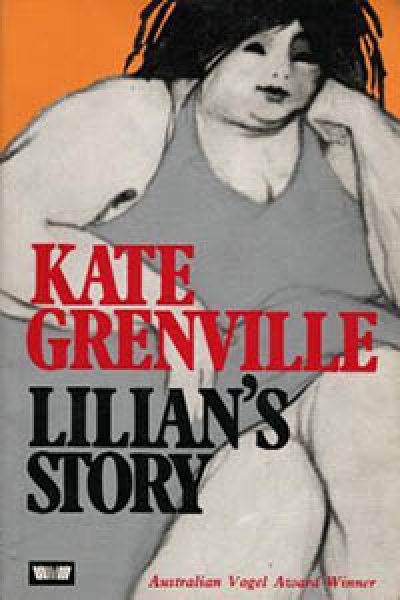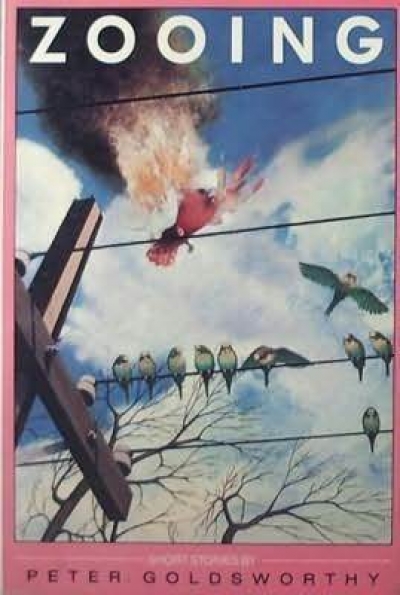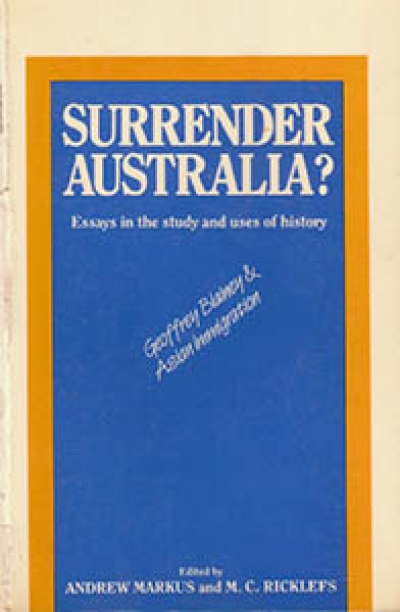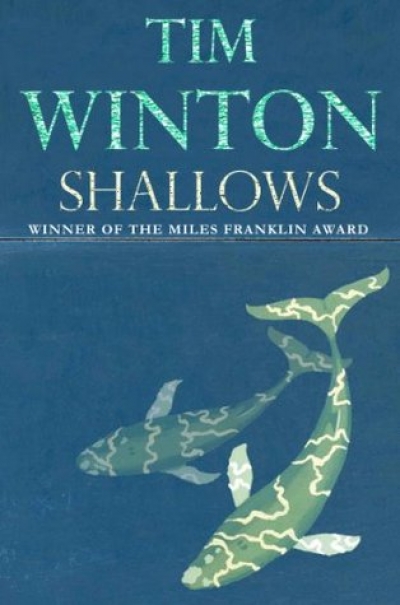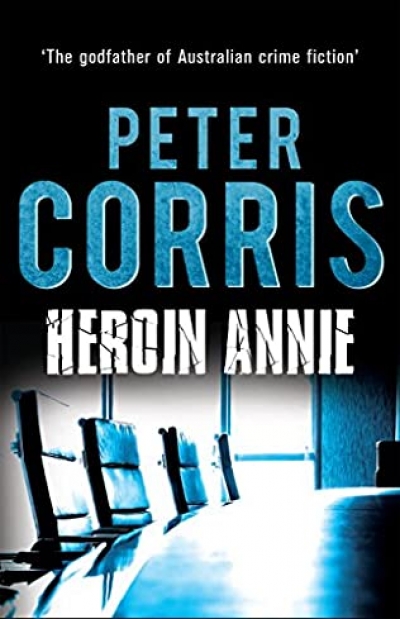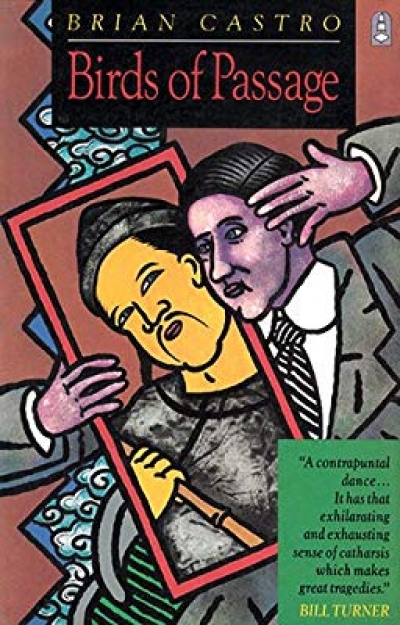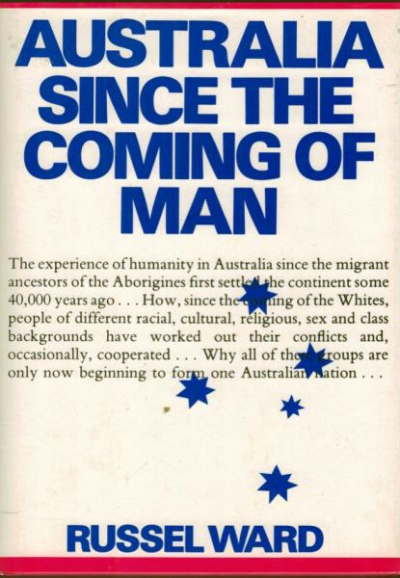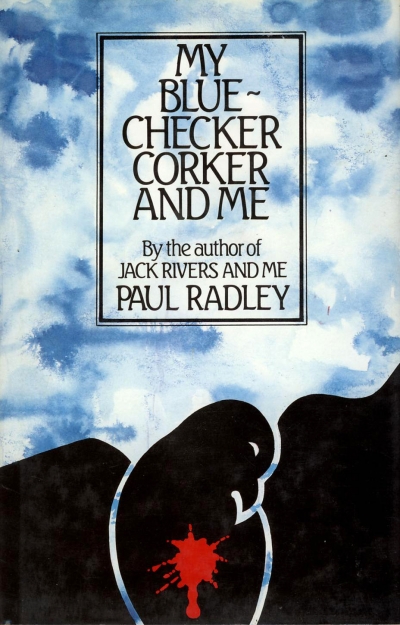Allen & Unwin
Lilian’s Story by Kate Grenville & Bearded Ladies by Kate Grenville
by Marian Eldridge •
Surrender Australia?: Essays in the study and uses of Australian history edited by Andrew Markus and M.C. Ricklefs
by James Jupp •
Shallows by Tim Winton & Goodbye Goldilocks by Judith Arthy
by Nancy Keesing •
Birds of Passage by Brian Castro & Getting Away With It by Kevin Brophy
by Graham Burns •
Australia Since the Coming of Man by Russel Ward & New History edited by G. Osborne and W.F. Mandie
by L.L. Robson •

